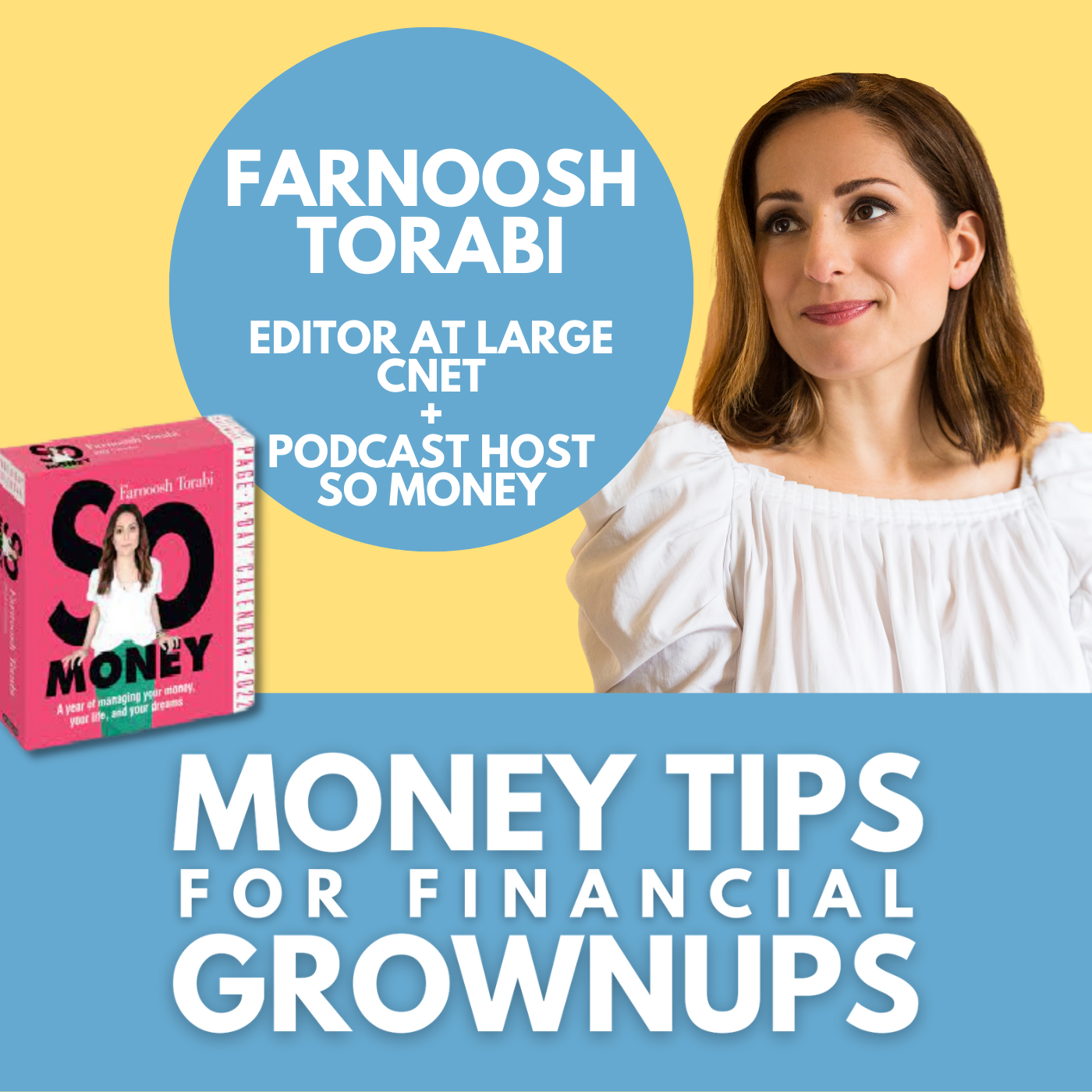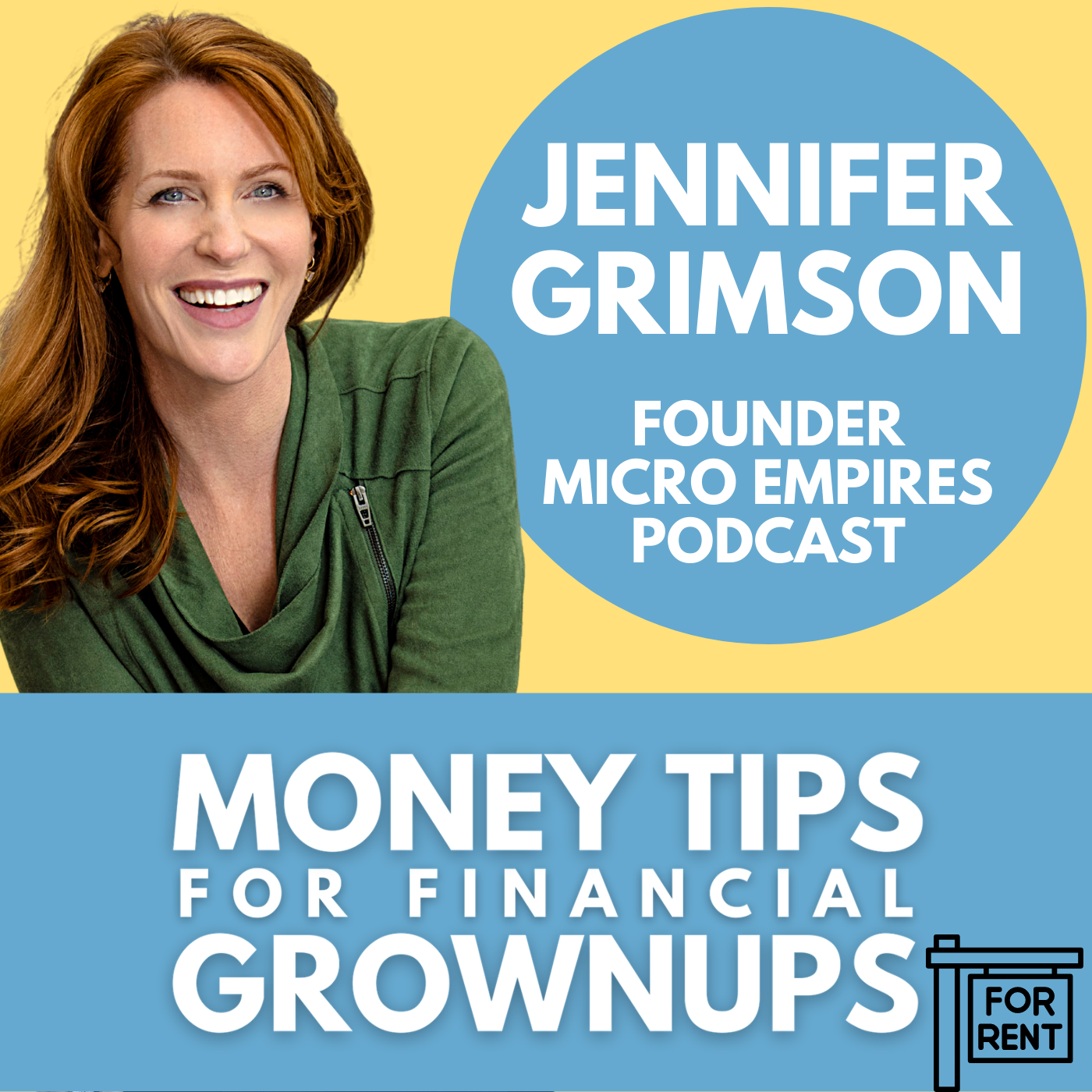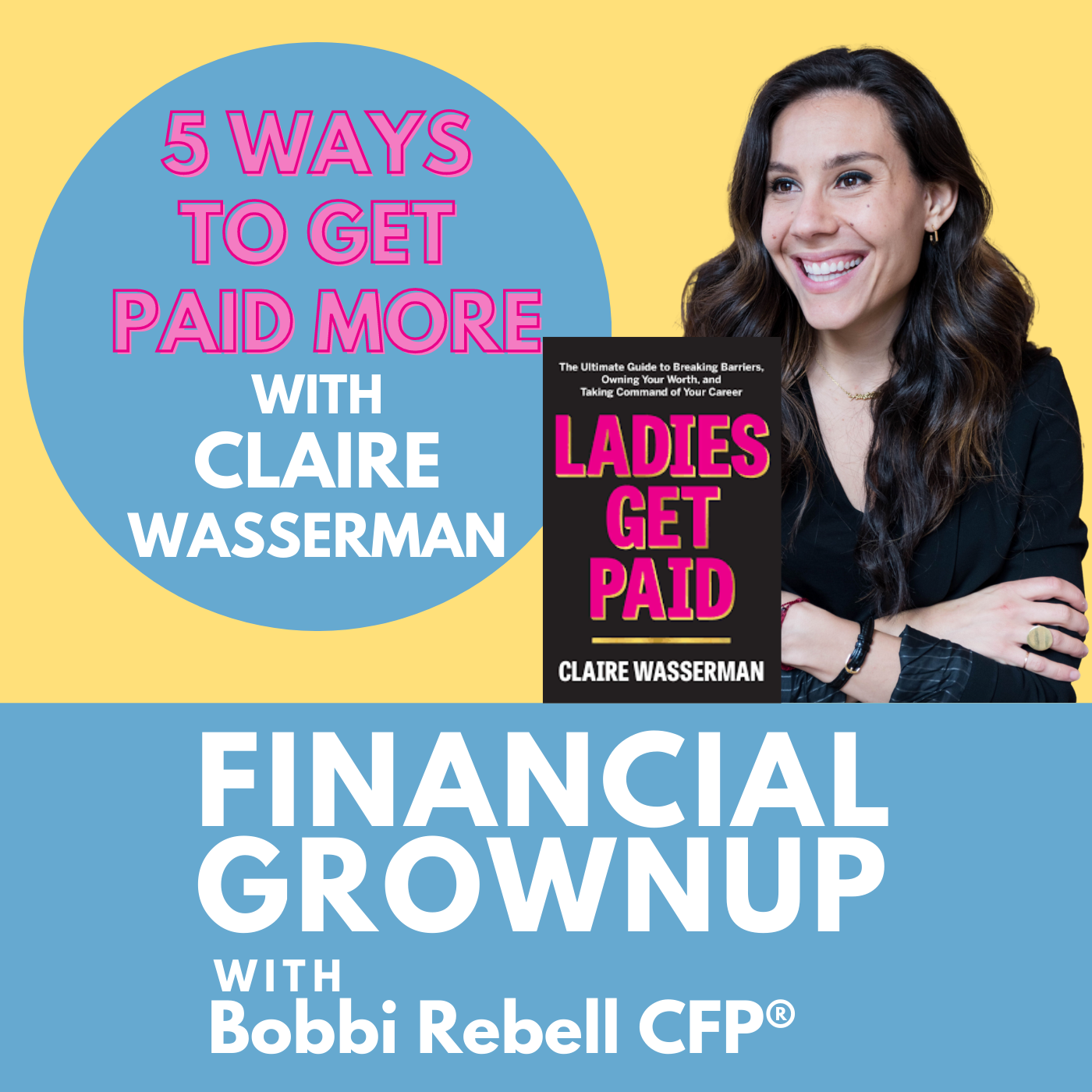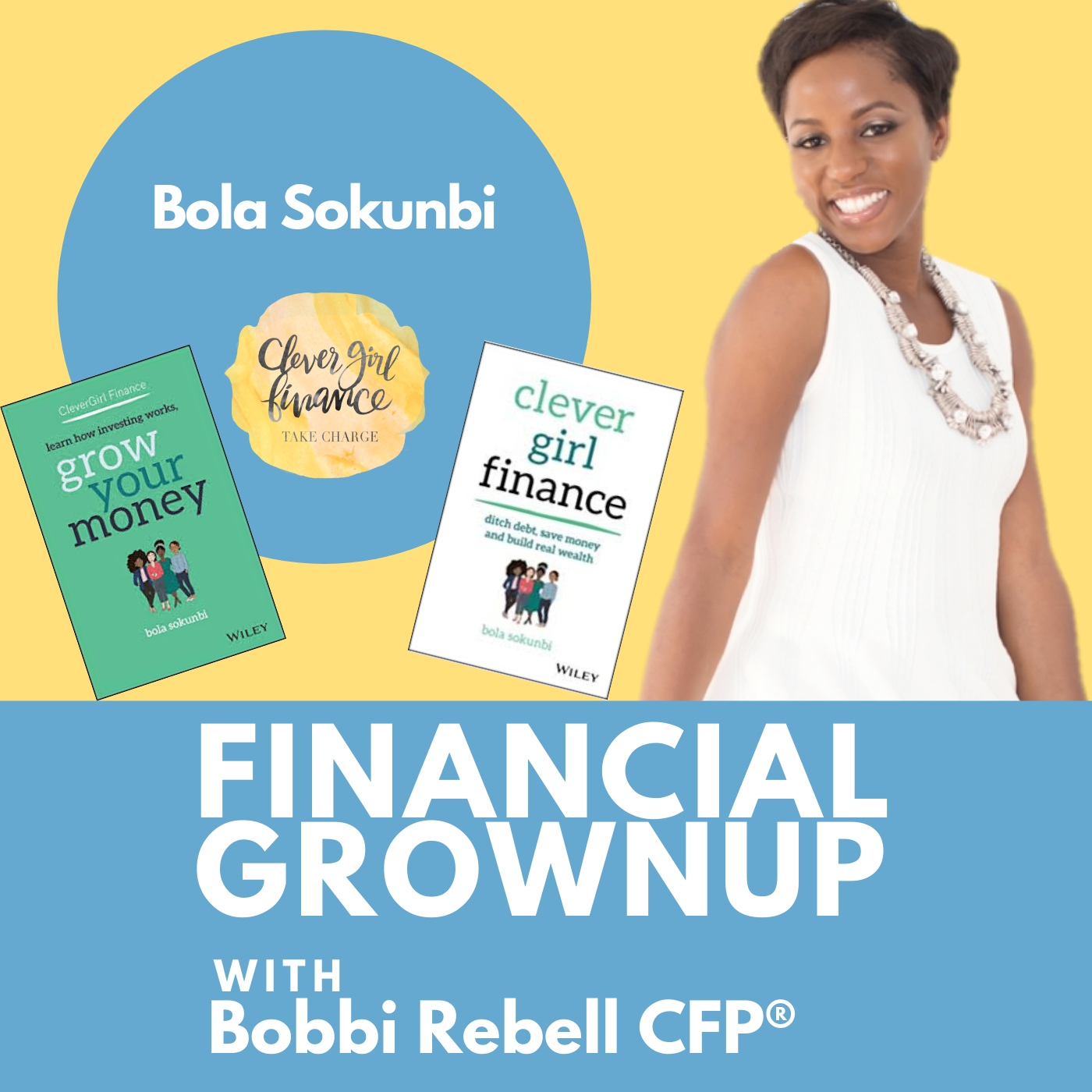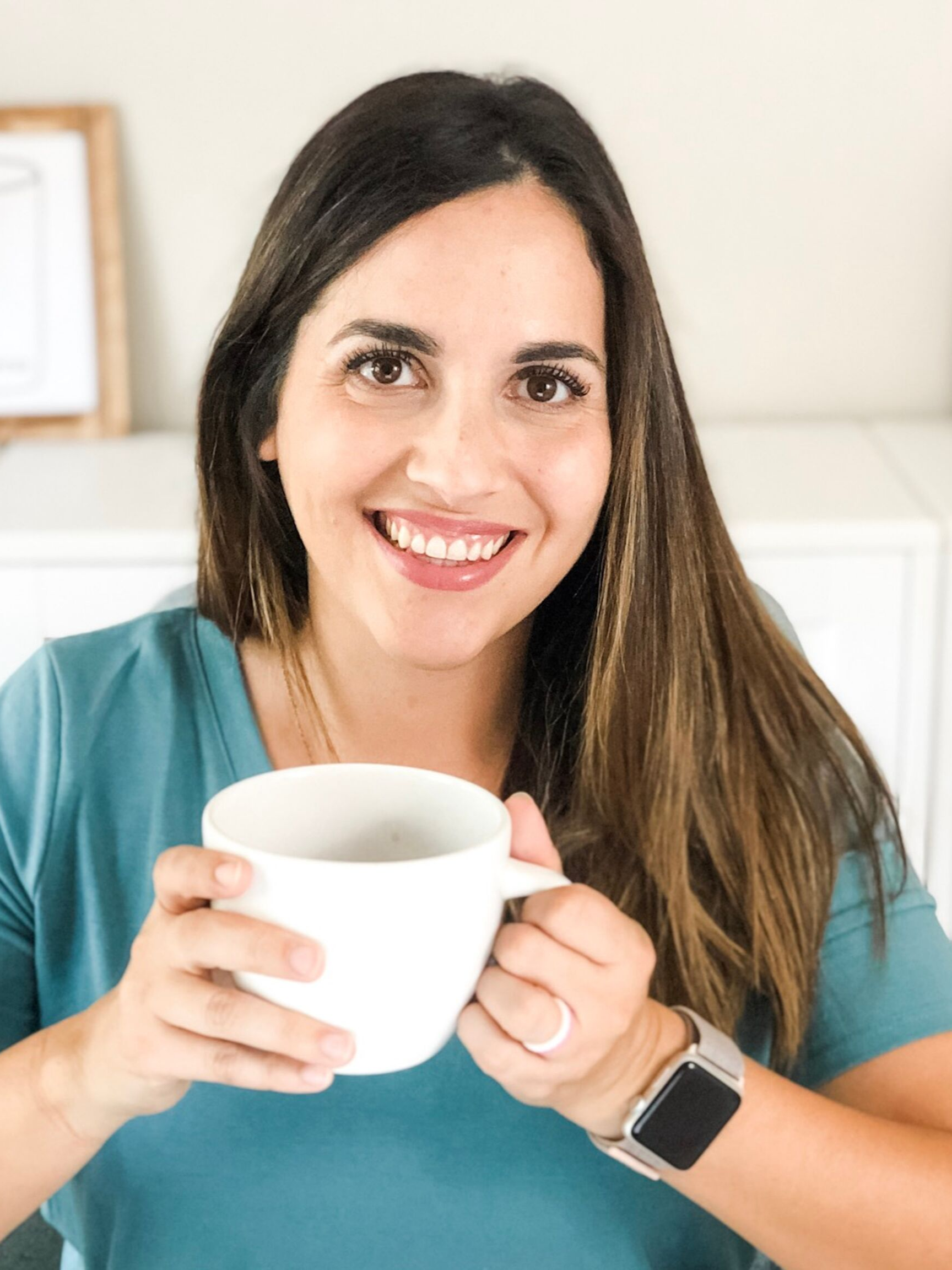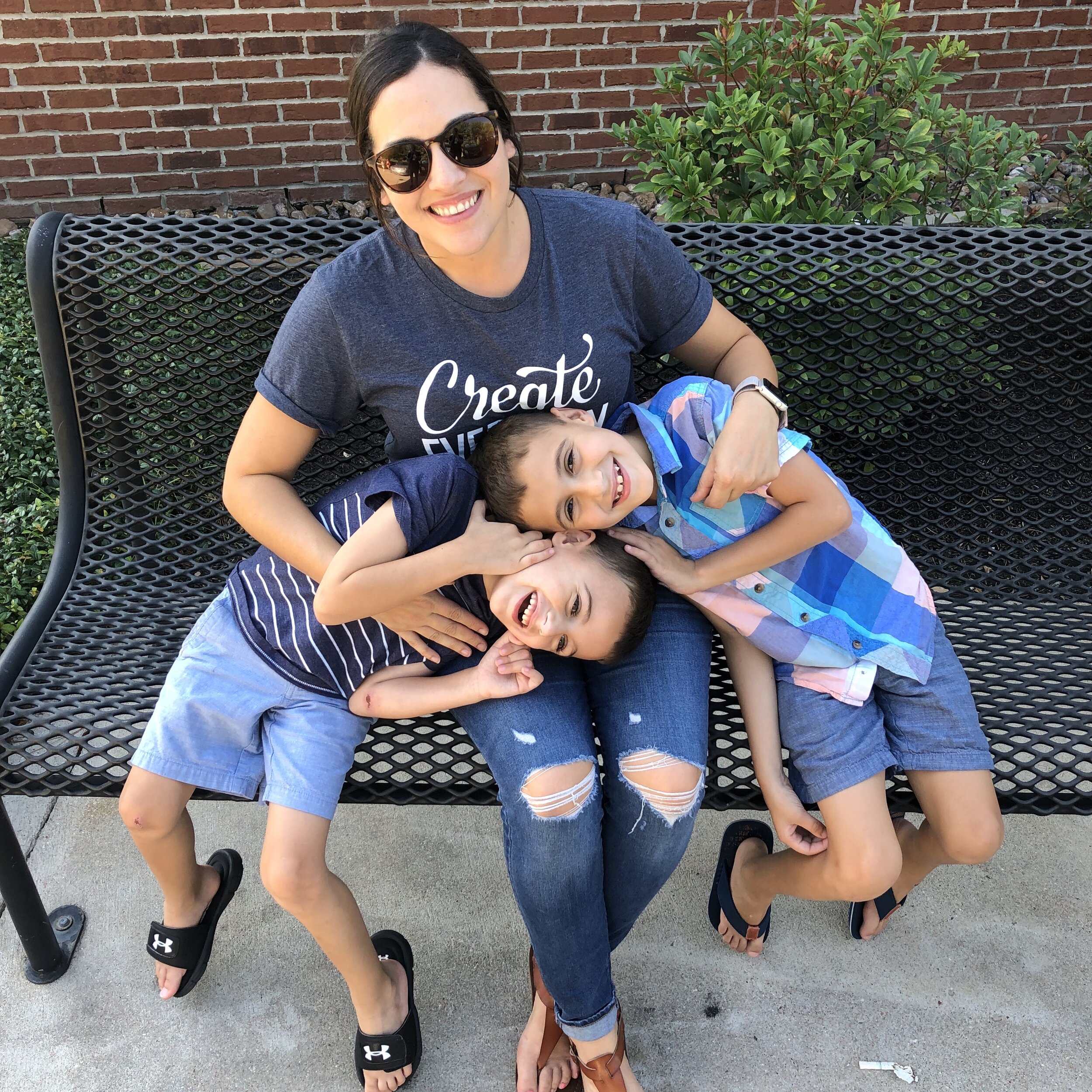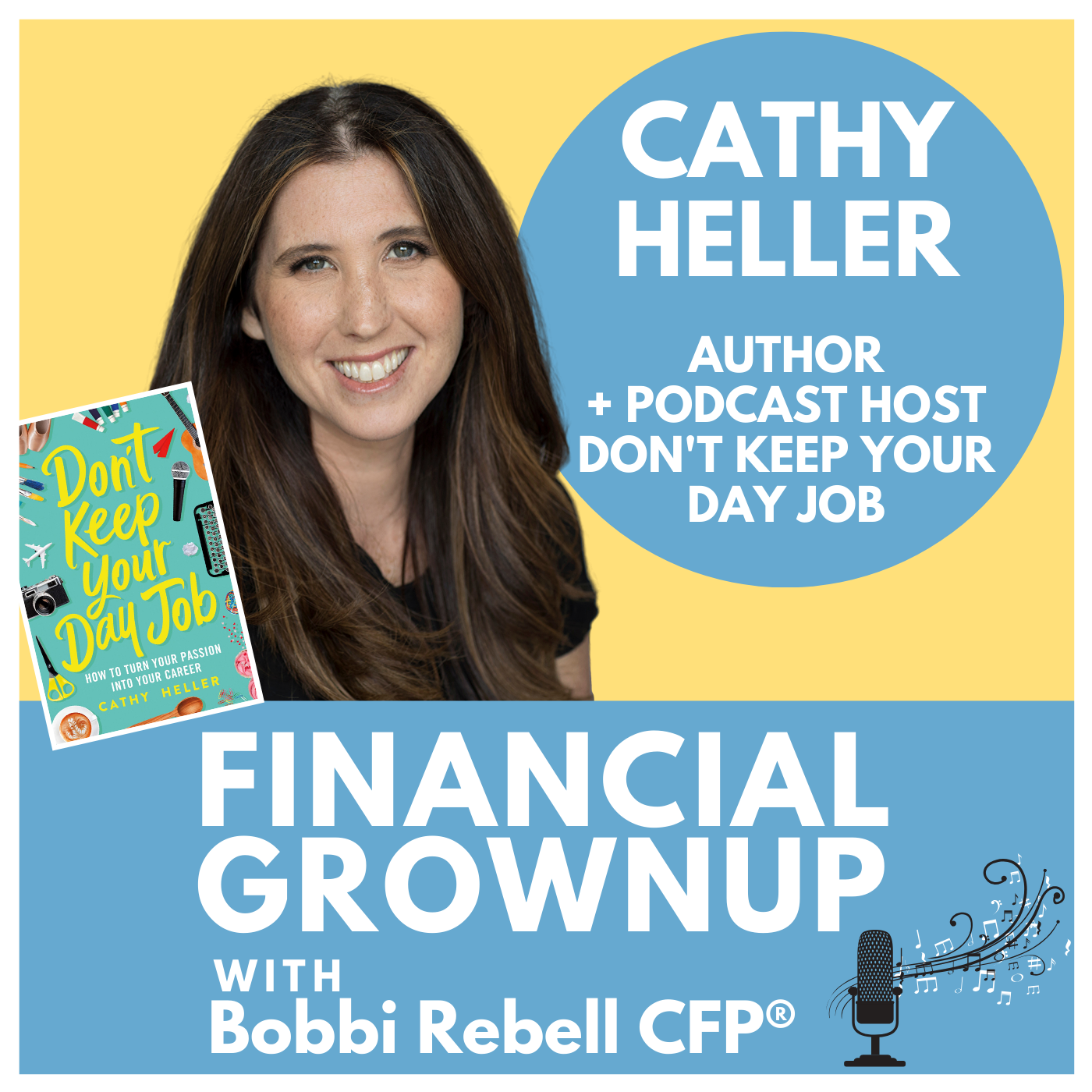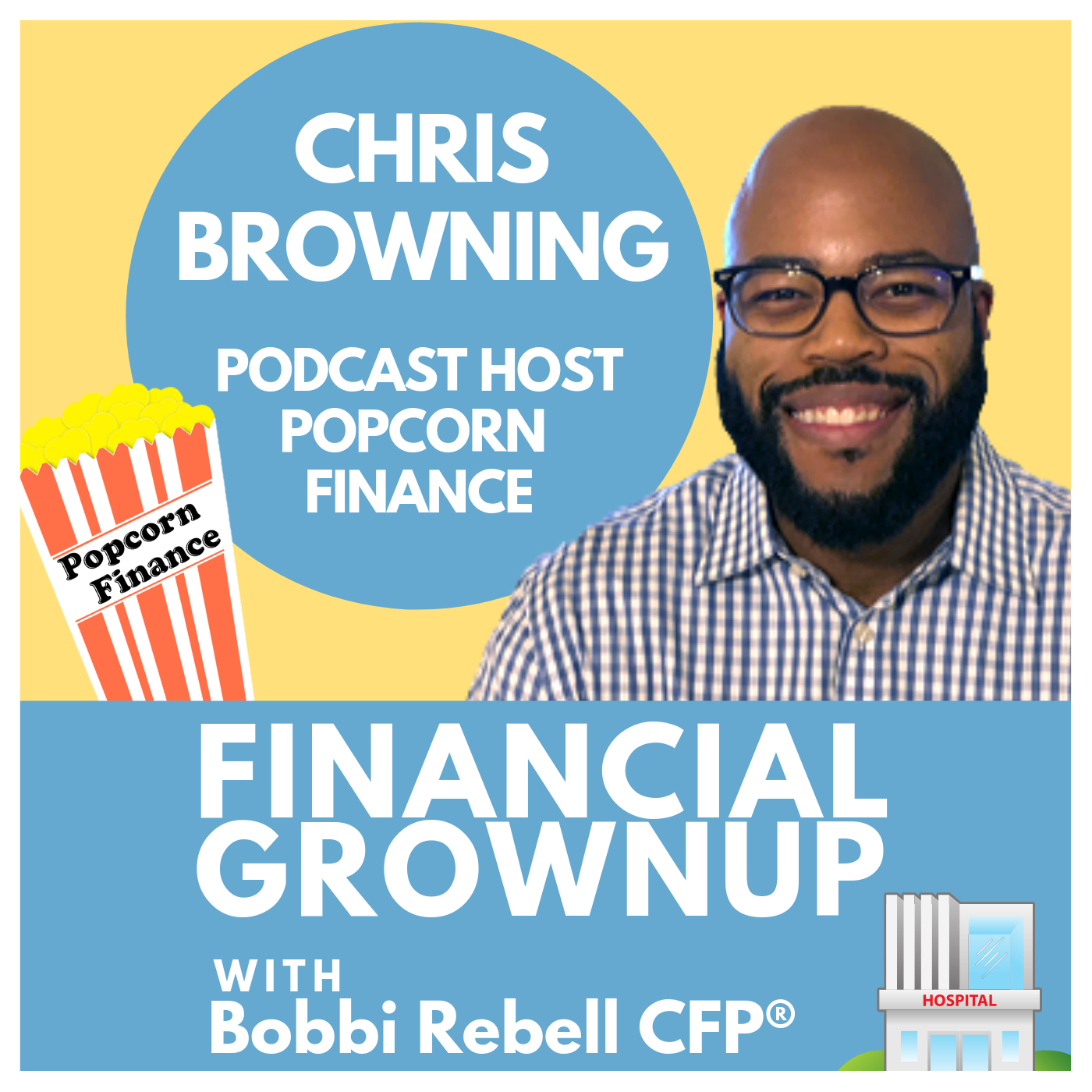Episode Description: Kirk Chisholm of Innovative Advisory Group and the host of the Money Tree podcast shares some controversial viewpoints that may have grownups questioning the market assumptions we take for granted.
Timestamps & Main Points:
00:00- Introduction
06:56 - Half Truth #1
07:30 - Cash is trash
09:09 - Half Truth #2
11:26 - Half Truth #3
11:52 - Where do people invest?
13:45 - Diversification is volatility management.
15:45 - Half Truth #4
Kirk’s Bio:
Kirk Chisholm is a wealth manager and principal at Innovative Advisory Group, Host of the Money Tree Investing Podcast and all around interesting guy. He is an outside the box thinker who provides a different perspective on many commonly held beliefs in personal finance. He has a rare expertise with alternative investments held in self-directed IRAs which has helped many investors invest in their passion. Kirk was recently recognized as one of the top 100 most influential financial advisors in the US by Investopedia.
Links to resources mentioned in the episode!
Follow Kirk!
Facebook - @Money Tree Investing
LinkedIn - Money Tree Investing Podcast
Website - www.moneytreepodcast.com & www.innovativewealth.com
Follow Bobbi!
Instagram - @bobbirebell1
Twitter- @bobbirebell
LinkedIn- Bobbi Rebell
TikTok - @bobbirebell
Website- http://www.bobbirebell.com
Did you enjoy the show? We would love your support!
Leave a review on Apple Podcasts or wherever you listen to podcasts. We love reading what our listeners think of the show!
Subscribe to the podcast, so you never miss an episode.
Subscribe to the newsletter.
Share the podcast with your family, friends, and co-workers.
Full Transcript:
Bobbi Rebell:
Hey grownup friends. There is something I don't talk about publicly that I have decided to start sharing, even though it can be a bit embarrassing, I get digital overload and it stresses me out for good reason. Because when you have so much junk on your computer, because you're not as organized as you should be, because you get caught up in all the things that you have to do. If you don't deal with it, all that stuff on your computer starts to really slow things down and can become a total drag on your productivity. For me, there is nothing worse than finally motivating to get stuff done, only to be derailed by a sluggish computer that is just not cooperating. A little while ago I decided I was going to stop just kind of hoping that things would get better and I was going to deal with it.
I downloaded something called CleanMyMac. It's from a company called MacPaw. I was skeptical but I took a deep breath and I tried it. Long story short, it totally worked. I loved how I could see it work through my files with clear and easy to understand graphics. I could see what was messing things up, and CleanMyMac would ask me for my okay before deleting files, so that something I did need to keep didn't go bye-bye. That was one of my biggest fears. I recently reached out to the company and they are offering 10% off to my financial grownup listeners who want to also get CleanMyMac. To get that 10% off CleanMyMac, you do need to go to my link. It is bobbirebell.com/cleanmymac, B-O-B-B-I-R-E-B-E-L-L dot C-O-M/cleanmymac. And that is all one word. I promise you, you'll be so happy. I want you guys to be in touch with me. Let me know how it goes. You deserve to lower the stress of data overload. Trust me. So worth it.
Kirk Chisholm:
Diversification's not really protecting you. Diversification is volatility management. Risk management doesn't work because the markets have changed in the last 20 years where now big selloffs affect everything including bonds. So that's why you have to be aware. You can't just diversify and say, "I'll be okay." Because this year, stocks, bonds, everything was down similarly. So you really weren't protected by diversifying.
Bobbi Rebell:
Your listening to Money Tips for Financial Grownups with me, certified financial planner, Bobbi Rebell, author of Launching Financial Grownups. Because you know what? Grownup life is really hard, but together we got this.
This interview was like a punch to the gut. I'm still processing it, my friends. As you heard in the clip at the top of the episode, my guest has some very strong opinions about how we see the market, how we approach investing and maybe now with the market having such a rough year, now is the time to take a step back and really reexamine so many of the market truth that we just take for granted, and I'm in there. I take a lot of things for granted, things like buy and hold and don't miss the best 10 days of the market, things like that. Things we talk about and we just assume are great investing advice. But maybe not. Kirk Chisholm runs Innovative Advisory Group. You may also know him as the host of the Money Tree podcast. Kirk has been in the investment advisory business for decades, and he's developed perspectives that you may or may not agree with. But I can assure you, you want to hear. I'm still processing, as I said, a lot of what he said, but Kirk really made me think about things that I took for granted and at least question why do I take them for granted. I have a big takeaway I'm going to save it for after the interview here is Kirk Chisholm.
Kirk Chisholm, you are a financial grownup. I am so happy to finally, finally, finally have you on the podcast. So welcome.
Kirk Chisholm:
Thank you for having me on, Bobbi.
Bobbi Rebell:
For disclosure, the reason I'm laughing so much is this is actually our fourth attempt. Most of our failures were because I have had various illnesses highlighted by a wonderful experience with COVID. We've also had some technical issues. So we are finally here and I'm so excited to get it done and have you on the podcast and I'm going to be on your wonderful podcast, the Money Tree at some point in 2023, you also have a firm called Innovative Advisory Group as well is a great investment option for many people. Tell us a little bit about that and your philosophy and then we're going to get into investing half-truths.
Kirk Chisholm:
Sure. Yeah, absolutely. Thanks Bobbi. Thanks for having me on the show. I love your show by the way, so your listeners are very lucky to have you.
Bobbi Rebell:
Thank you.
Kirk Chisholm:
Yes. So basically I've been in the industry for about 23 years and I started in the broker dealer side at Paine Webber, back when it was Paine Webber, then UBS, and Smith Barney, and then decided to go out my own because I just didn't see the value of the big firms. There was a time where they did have them, but then at everyone was a little bit more the same. So it just didn't have the same value. So what we did is 2008, we've started Innovative Advisor Group with the idea that you could have outside the box strategies. Because most of the industry is very regimented and it's very kind of inside the box. You have to do these things in a certain way and that's not how investing works. Talk to any real estate investor, they put all their money in real estate, they don't touch the stock market. Why should they? Right? If they know invest in what they know as Peter Ellens used to say.
So we focused on investing outside the market, in alternatives inside of retirement accounts. And of course we do traditional strategies, but I think the alternative stuff is really fascinating because some of the best investments we've seen have been on the alternative side.
Bobbi Rebell:
And you do specialize in alternative investments I should say. You mentioned 2008, here we are in closing up 2022 as we record this both very, let's call them interesting years for investing. Certainly challenging in a time when it makes sense to sort of reexamine the things that we sometimes take for granted when it comes to investing. And we're going to get through some of them, which is for example, always buy and hold is the way to go or that printing money always causes inflation. These are sort of what you call investing half-truths, and I'm excited to hear your perspective on them because I like many people do take these things as sort of the way to go and the standard advice that may not always hold up as our world is evolving. So we're heading into 2023, we're going to talk about some of the investing half-truths as you like to call them. The first one is cash is dangerous. Tell us about that.
Kirk Chisholm:
There's a steam in the financial, I don't know, if just the zeitgeist, there's the whole industry talks about how when you have high inflation cash is dangerous. Why? Well, if you have high inflation, your cash should be worth a lot less next year. And then they tried out this chart, which is 100-year chart which says, "Hey, in early 1900s, cash is worth a dollar and now it's worth 3 cents in the dollar." Wow, that's really scary. Well, I don't know anybody who kept cash for 100 years. That to me seems ridiculous, right? So you have people like Ray Dalio who says cash is trash, and over long-terms, he's right. But short-terms, it's different. If you look at up to the third quarter of this year, 2022, the S&P 500 was down 25%. The Nasdaq, 33. 30-Year US Treasuries are down 30%. Safe bonds, right? Down 30%.
Real estate, 30%. Gold, 8.4. How much was your cash down? Zero. If anything it made a little money but you weren't getting much in interest. Call it zero, okay. Being generous. So we had 8.2% inflation at some point. Now at 7.7. If you look at the real returns, which is inflation adjusted, so instead of the S&P 500 being down 25%, it's down 32%. The Nasdaq instead of 33, it's down 41, Treasury is down 38, gold down 16, cash is down 8.2, which one performed the best?
Bobbi Rebell:
Cash.
Kirk Chisholm:
It's still cash, right? And here's the framework you need to take away from this. It's not that cash is good or bad during inflation. It's that inflation affects every single asset class equally. So those math nerds out there, if something affects both sides of the equation equally, you can remove it. So when we look at returns, we don't look at inflation because it doesn't matter, what is the nominal return is really what matters because if cash is the best performer, and you're down 8.2%, that's still the best performer. Just because you have inflation doesn't mean you're going to make money. It just means it's the best of the bad options.
Bobbi Rebell:
Okay. So let's move on to the next investing half-truths. This one I totally buy into. You always have to be invested. Obviously later in life when you're taking money out of your savings, that's different. But for the most part, most of us when we're in the investing accumulation and growth stage, I've always been told, after you have your emergency fund, you need to be invested. The money should not be sitting in cash, to contrary of what we just talked about. Tell us about that. Why is that a half-truth?
Kirk Chisholm:
There's this theme of you always have to be invested. This has been around for decades. And the reason was if you look back in the '80s and the '90s and some of the 2000s, if you were always invested, the market would just go up. It's kind of this buy and hold kind of theme. Oh, you just be invested and it'll continue to go up. And I think what that does is it kind of dumbs down the aspect of investing that's really important, which is understanding what you're in. So if you just think the market's going up 7% or 8% a year because you're in the market, then you're going to be disappointed. So from 2000 to 2013, you basically lost money for 13 years and it was up and down. But January of 2000, till July of 2013, you would've lost 30 basis points a year during that time.
It wasn't until after July that actually you broke even. That's 13 years of lost time. So yeah, you could have been invested in the market but you wouldn't have made money from that start to point. Now, there was a ton of volatility, just like we're having now. And think of it this way. So from the peak of 2007 until the bottom of 2009, you lost about 58 and a half percent, if you were in the S&P 500, okay? That's not a small number. Now, think of you were in cash, how much did you lose? Zero. Right?
Bobbi Rebell:
Right.
Kirk Chisholm:
Now your cash just made you 100% return because you can buy twice as much of that S&P 500 shares as you could have year prior.
Bobbi Rebell:
Okay. But if we told everyone to just put all of your money in cash, for the majority of people, that would not work out well, because the truth is over time it has been proven that your money does increase more if it is invested, especially if it's diversified. One of your other half-truths that I'm obviously segueing into is that diversification manages risk. We've always been told be diversified. And I know many people think that investing in an index is diversification. That's not always true. It absolutely depends on how diversified that index is, right? Tell me why you feel this is a half-truth, that diversification manages risk.
Kirk Chisholm:
Yeah, and I want to address one quick point before we get into that which you mentioned, which is where do people invest? This is really hard. I'm giving you these mental models so that you can understand how the markets work. I'm not telling you to be in cash or stocks. I think that's important because if you're doing one thing and you never change your mind, then you're going to eventually be wrong even if you're right most times. So the whole diversification strategy that you mentioned, diversification, people have always looked at this, actually diversification started as an academic study. It was never intended for Wall Street, but what Wall Street realized is, "Hey, if we have diversification and it reduces risk, then we can sell more mutual funds." That's how this started. This wasn't like an academic proven positive thing that works all the time. It was a theory that people said, "Hey, this looks good enough to sell mutual funds to people."
Diversification actually does a really good job at reducing volatility. Now volatility is this up and down, you see any given day or week, it reduces volatility because in normal times it gives you a smoother ride. Some things go up, some things go down. But overall it's going to have a smoother ride in a direction you hope you're going. Now the problem is when it doesn't work. 2008, 2017, 2020, 2022, there's a difference between risk and volatility. Volatility is this up and down movement. Risk is what we call a permanent impairment of capital, which like 2008, dropping close to 60% is a permanent impairment of capital. Oddly enough, 2020 came back. So that technically would be volatility. But the point is no one wants to lose half their stuff. If you look at 2008, withstanding gold and cash, everything went down 58 and a half percent given a few percentage either way, but 2020 was the same thing.
Virtually everything went down the same. Which means diversification's not really protecting you. Diversification is volatility management. Risk management doesn't work because the markets have changed in the last 20 years. We're now big selloffs affect everything including bonds. So that's why you have to be aware. You can't just diversify and say, "I'll be okay." Because this year, stocks, bonds, everything was down similarly. So you really weren't protected by diversifying. So you just need to be aware of that aspect so that you're not blindly doing this and just saying, "Why did I lose so much money?" It's because it's not a good risk management tool. It's a good volatility management tool.
Bobbi Rebell:
So then what is a good risk management tool?
Kirk Chisholm:
This is where it gets into being hard. I try to think of simple frameworks to give people. The way I've kind of looked at it is you have to have a framework for risk management. Now everyone's different. Some people say, "If it goes down more than 5%, I'm out." But you have to have a more active mentality or you need to find tools like we use Options as a way to manage risk, because I can define the worst case scenario and say, "Nothing will be worse than this no matter what happens in the world." So I like Options as a tool for that, but it's not for everybody. So I'm not saying this is all in one tool for everybody, but you need to find a strategy that is acceptable to you. Now one strategy might be you invest in rental property and that's what you do for a living. You're really smart when it comes to real estate investing.
I have a lot of friends, they do this professionally and they'll always invest in real estate and they know how to manage that. And you're still getting your cash flow, you're still getting your returns, but you need to know what you're investing in. If you're going to be passive, then you need to expect the fact that we could have a period like the early 2000s or the '70s where your returns are lackluster for 10 years.
Bobbi Rebell:
But not everyone can be an expert on those things. Very often we have jobs that there's a reason that all of these investment management firms exist because we have to outsource it. I want to gets back to one half-truth before we run out of time. So an investing half-truth that fascinates me that you talk about is that you have to be invested in order to get the best 10 days. You don't want to miss the best 10 days. I'm not sure if I phrased that correctly, so feel free to correct me.
Kirk Chisholm:
Yeah. So when I started this industry in '99, a whole bunch of wholesalers would go through the office and they would give you all these charts and say, "Here's a chart, you can use this to sell our mutual funds." And it was just weird. But anyway, that's the culture of the broker dealer world. So there's one I kept seeing over and over and over again, is basically if you missed the 10 best days, your performance would be cut in half. Since 1980, if you're invested all the time, your $10,000 would've grown to $700,000. If you missed the 10 best days, it would've been only $341,000. Well that's significant. I should be invested all the time, right?
Bobbi Rebell:
Yeah.
Kirk Chisholm:
I mean, that's obvious.
Bobbi Rebell:
I'm buying in. Sure.
Kirk Chisholm:
However, if you missed the 10 best days, your performance was lackluster. If you were invested all the time, it was much better. However, if you missed the 10 worst days, you would've doubled the performance than if you had just been invested the whole time. So it's what I call of Wall Street half-truth, where they tell you what you need to know to buy their mutual fund or to buy their narrative. But if you actually look at the numbers, it's not completely true, because missing the 10 best days is incentivizing you to buy something and never sell it, which is Wall Street's preference. But if you were to miss the 10 worst days, which is why we focus on risk management, if you miss the 10 worst days, then you're much better off and you don't have periods of big losses, which is if you invested all the time, like we talked about, you could be down 60% in your portfolio.
That is historically okay, that happens. It's not all the time, but it happens. So you just need to look at the full picture. So the half-truths are about showing you the difference between this little piece over here and the whole rest of the picture, which if you understood, you'd say, "Okay, I can make better decisions now because I understand the scope of what's going on."
Bobbi Rebell:
All right, so what's your best advice heading into 2023 for the average investor? Who is not able to time the market, to miss the worst 10 days and to get the best 10 days, because that's just not realistic for most of us.
Kirk Chisholm:
You should start thinking about your portfolio differently. For example, interest rates have been zero for a very long time, except for now. Now you can get three-month treasuries, which are virtually, if you can't say guaranteed about anything, that's as close as you can get to give you a guarantee of safety. So you can get 4% in change on three-month treasuries, which is great. 4% compared to losing 20%, 30% is pretty nice. So I wouldn't say go all in on bonds, but if you're going to have fixed income in your portfolio, you should look at short-term bonds, three months, maybe even six months at the most. But interest rates are going to keep going up for at least the next six months. So you shouldn't go out too far. But if you can lock in 4%, 5% on a bond for three to six months, I think you're in good shape. Savings bonds are phenomenal. You could get 9.6% I think as of October, now it's, I think 6.8. That's a pretty good yield. Now it's only $10,000 per year per person, but that's still a really good rate.
Bobbi Rebell:
A little more with your tax return if you can, if you get a tax refund.
Kirk Chisholm:
Right. So that's something anybody could do and that's like a no-brainer approach. You're getting a good yield, almost no risk. So it's a good approach. But outside of that, I would just say learn as much as you can and think about valuations. If you look back in the '70s, valuations got so cheap that it was blatantly obvious that it was a good time to buy. It didn't matter if it went up or down from there. It was just things like Warren Buffett made all his money. His best returns were in the late '70s and early '80s because it was just so cheap that things were, you could have just thrown a dart at a board and you could have made money. Right now, it is so expensive that things are more expensive now than they were prior to COVID, and then they were expensive. People were talking about how expensive it was prior to COVID and we're still above those.
So the fact that we've gone down 20% to 30% on the markets, we're not even close to where we should be. So be very careful about your investments. Don't feel like you need to be all in. Don't be afraid to be in cash. Just be more conservative with your investments than you think you should be. Because the one rule that if you take nothing away from this, you should take this away. In a bull market, the idea is to make money. In a bear market, the idea is not to make money. The winner of a bear market is the one who loses the least. Now you might think about that, you think you're crazy, but we're in a bear market. Markets have all been down this year. The one who lost the least is cash. And the cash has still lost 8% into inflation, which means it's still down, but it's lost the least.
So don't think about it as, "I need to make 7% this year." Because you could lose a lot of money. Think about it as, "How can I protect myself? What can I do to be more conservative and lose the least until things change?" And if you want to know when things are going to change, I'll give you an easy framework. Watch the Fed. If they start reducing rates, then you can get a green light to start investing. If as long as they're raising rates, you should keep your foot on the brake, not on the gas.
Bobbi Rebell:
All right, thank you so much Kirk. Where can people find out more about you and be in touch?
Yeah, I'm pretty easy to find. You can find me on Money Tree Investing podcast. It's moneytreepodcast.com is the website. Also, you can find me at innovativewealth.com. That's our website and you can pretty much find me everywhere. I'm pretty easy to find.
Bobbi Rebell:
I know the holidays are a time we're all supposed to get excited about, but sometimes it just feels like I can't celebrate until I get through my never-ending to-do list. That includes gifts. It's exhausting. I mean, I love the smile on people's faces when I get them something that's going to be meaningful and that they love. But the truth is it's also really hard and I'm really getting tired of giving people the same old, same old. I mean, I feel like we're finally emerging from this pandemic and I just want something that will get them to smile. So my team and I have been working really hard to up the ante over at Grownup Gear with some super fun new stuff. My personal favorite, the baby bibs and the onesies with phrases like, I can't believe you are the grownup either, and new colors and designs of our top selling generosity line. And for the holidays, if you spend just $50 on any of the items from our generosity collection, we will gift you a $10 gift certificate that you can spend on something to be generous too, well yourself. Just use code holiday, H-O-L-I-D-A-Y. And thanks again to everyone supporting Grownup Gear. Your business helps small projects like this podcast, which remain free for all of you. Happy holidays guys.
So if you follow me on Instagram or on TikTok, you're going to see some of the video clips where I will look very confused and honestly kind of skeptical. I was. I try to be open-minded with what my guests are saying because there's so much that we can learn from them. And by the way, Kirk is a very smart guy. He made his arguments very well. A lot of what Kirk says makes sense. Maybe I'm just stuck in the things that I take for granted. And I like that he has me questioning them. On the other hand, when he talks about the market going down for years and how it would absolutely be better to have been in cash for those years, of course, so we can buy more at a lower price, of course, sure, but I'm just not smart enough or good enough or whatever, and maybe I don't pay the right people who are smart enough, but I can't identify those years.
And so I'm kind of lost, because someone like me, and many of you I suspect, kind of have to default to being in the market in the bad years so that we can be in the market when the good years come along. That said, I love a good discussion and I totally appreciate Kirk's viewpoints. Hopefully my conversation with Kirk got all of you at least questioning the things that we take for granted, which is something we should always be doing.
If you are not already, please go to my website, which is just my name, bobbirebell.com, or go to the show notes and sign up for my newsletter where I share more useful information for financial grownups and of course DM me. Let me know what you thought about this, and every episode. I am @bobbirebell1 on Instagram, and Bobbi Rebell pretty much everywhere else. And of course, also, if you can, please as a little holiday gift to me, consider writing a review of the Money Tips for Financial Grownups podcast on Apple Podcast. Or if you listen on any other platform that has space for reviews, means a lot to me. And by the way, definitely send me a screen grab of it if you do so. So I can thank you. I also want to thank Kirk Chisholm for helping us all be financial grownups.
Money Tips for Financial Grownups is a production of BRK Media LLC. Editing and production by Steve Stewart. Guest coordination, content creation, social media support, and show notes by Ashley Wall. You can find the podcast show notes, which include links to resources mentioned in the show, as well as show transcripts by going to my website, bobbirebell.com. You can also find an incredible library of hundreds of previous episodes to help you on your journey as a financial grownup. The podcast and tons of complimentary resources associated with the podcast is brought to you for free, but I need to have your support in return. Here's how you can do that. First, connect with me on social media, @bobbirebell1 on Instagram and Bobbi Rebell on both Twitter and on Clubhouse, where you can join my Money Tips for Grownups Club. Second, share this podcast on social media and tag me so I can thank you.
You can also leave a review on Apple Podcast. Reading each one means the world to me. And you know what? It really motivates others to subscribe. You can also support our merch shop, grownupgear.com, by picking up fun gifts for your grownup friends and treating yourself as well. And most of all, help your friends on their journey to being financial grownups by encouraging them to subscribe to the podcast. Together we got this. Thank you for your time and for the kind words so many of you send my way. See you next time, and thank you for supporting Money Tips for Financial Grownups.




